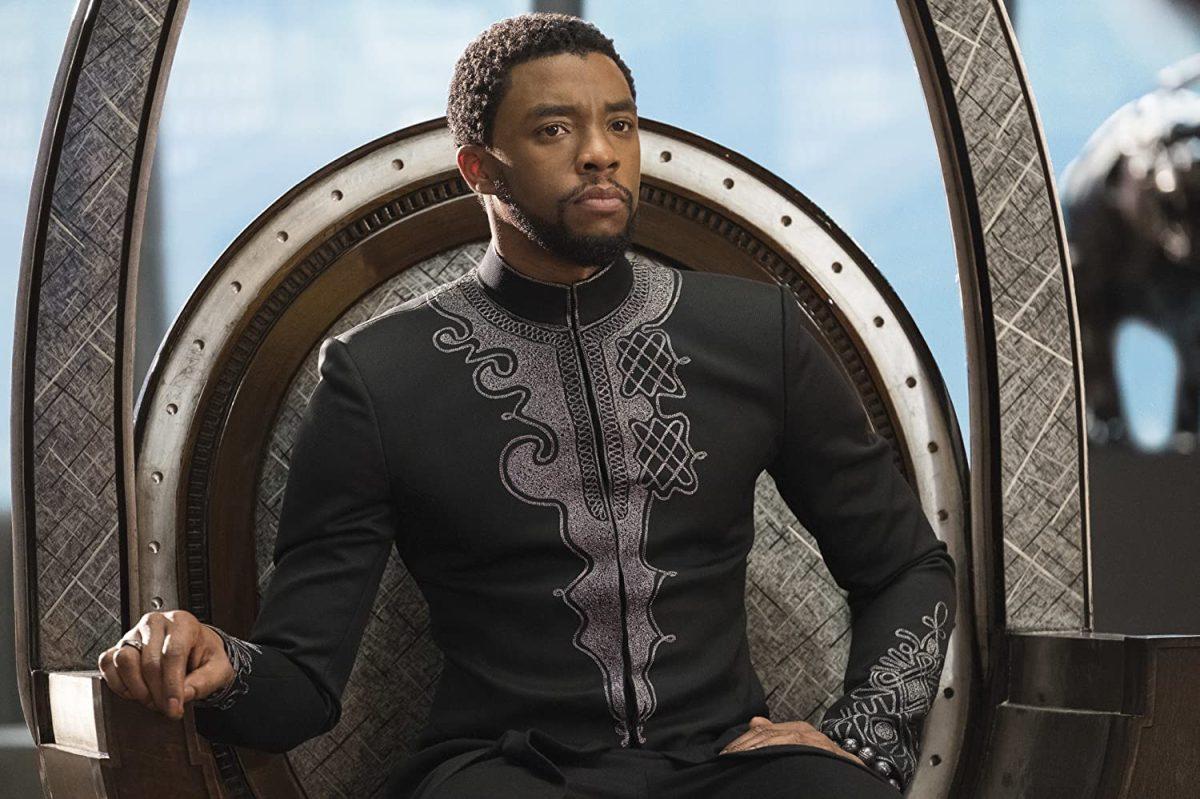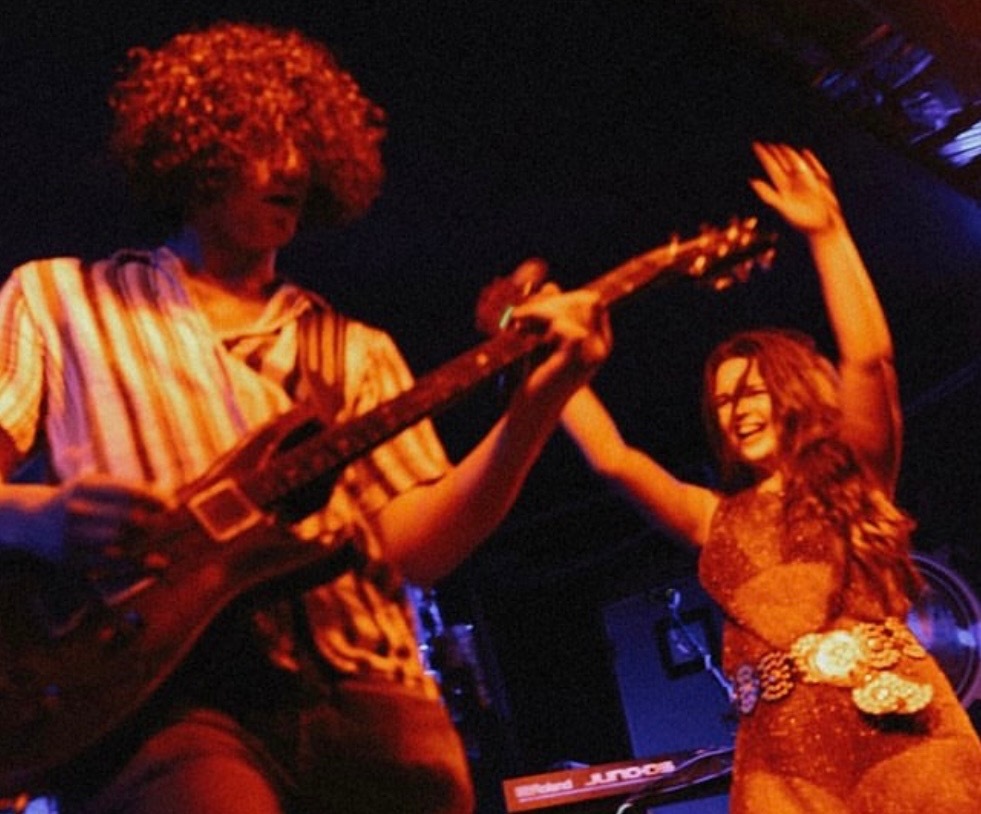“You would rather find purpose than a job or a career. Purpose crosses disciplines. Purpose is an essential element of you. It is the reason you are on the planet at this particular time in history. Your very existence is wrapped up in the things you are here to fulfill… Remember the struggles along the way are only meant to shape you for your purpose,” Chadwick Boseman said.
Words spoken from a commencement speech given at his alma mater Howard University, Boseman not only encouraged students to take the path less traveled, but to understand that fulfilling their purposes in life is what matters most. A life filled with purpose and impact is the legacy that Chadwick Boseman left behind.
Born Nov. 29, 1976, to Leroy and Carolyn Boseman, the Anderson, South Carolina, native grew up with a love for the theatre, writing his first play when he was still in high school. Continuing on that path, he went on to study directing at Howard University, where he was also introduced to acting. He found a love for the other side of the camera, and Boseman brought an authenticity and presence to his work that is hard to find in today’s acting world.
Boseman auditioned with a group of students for the Oxford Mid-summer program for acting, wanting to take his acting training further. Upon acceptance, with the help of professor and mentor Phylicia Rashad as well as Rashad’s friend and colleague Denzel Washington, Boseman, along with a select number of his classmates, were able to study at Oxford for the summer.
After graduating, Boseman spent some time doing some writing, directing and acting in the world of theatre before turning to film. Chronicled via his own testimony, the road was one not without its own set of trials and tribulations, as Boseman was fired from a role on a soap opera for questioning the background of his character.
“As conflicted as I was before I lost the job, as adamant as I was about the need to speak truth to power, I found myself even more conflicted afterwards. I stand here today knowing that my Howard University education prepared me to play Jackie Robinson, James Brown, Thurgood Marshall and T’Challa,” Boseman said.
Boseman’s discernment about the characters that he chose to play would prove to pay off for him in the biggest of ways, lighting the path to success, purpose and impact.
Although Boseman held smaller roles on shows such as “Third Watch,” “All My Children” and “CSI: NY,” as well as more substantial roles in the TV show “Lincoln Heights” and in films such as “The Express” and “Draft Day,” it wasn’t until the release of “42,” a biopic of icon and American baseball legend Jackie Robinson, that Boseman was considered a breakout star. His jaw-dropping performance took the world by storm. The authenticity that he brought to the role made him an instant fan favorite, setting him up for additional roles in the future.
On the heels of “42,” “Get On Up” was released in 2014, a biopic starring Boseman as the music legend James Brown. Boseman proved to the world that he could do it again. Known for his ability to capture a person’s mannerisms and sounds of their voice, Boseman embodied the very essence of Brown right down to the footwork.
Led by grace and poise, Boseman continued to rise and play iconic, meaningful characters that changed the course of history. Through them, Boseman was also making history of his own, giving hope to current generations as well as several generations to come.
While Boseman’s portrayal of powerhouse NAACP attorney and fellow Howard graduate Thurgood Marshall was just as exemplary as his previous roles, it’s his role as T’Challa, the Black Panther in Marvel’s “Black Panther” that transformed Boseman from icon to legend, all the while sparking a movement for Black culture around the world.
Changing the narrative of how a Black film would perform in the box office, the release of “Black Panther” broke barriers. The film, which features an all-Black cast, is one of the highest grossing films of all time, an accomplishment that many in and out of show business thought couldn’t happen. Through focusing on the high stakes and his dauntless approach at bringing truth and authenticity to his characters, Boseman prevailed once again.
Bringing T’Challa to life, Boseman was every part of what a king should be; strong, merciful and a servant to his people. He exuded the maturity of a man overcoming adversity while handling it with incredible discernment. Boseman exposed to the world a positive perspective of a powerful Black man.
The Black excellence portrayed within the film gave credence to the longing of Black and brown people to see characters on screen that look like them and was monumental to the Black community as a whole. Boseman’s “Black Panther” character served as a beacon of hope for the Black community, speaking power, purpose and perseverance into its people, especially its young Black males.
“People are starved for the images that they see,” noted Boseman on the significance of “Black Panther” in a 2018 interview on ABC Nightline, a truth that rang evident around the world.
A true king on and off the screen, Boseman’s impact didn’t stop with the characters he played. Boseman was a political activist, standing up for the betterment of marginalized people. He encouraged people to get out and vote, promoting the recent appointment of Senator Kamala Harris as the Democratic vice presidential nominee.
Boseman was also part of Bld Pwr, an organization that challenges Hollywood’s involvement in perpetuating discrimination and racism.
On top of his activism, Boseman made several visits to St. Jude’s Children’s Hospital and visited terminally ill children, an act that resonates even more loudly given recent events.
On the evening of Aug. 28, it was announced to the world that, surrounded by his wife and family, Boseman had succumbed to his battle with colon cancer. He was 43 years old. Boseman was diagnosed in 2016 and had been fighting the disease over the past four years.
What is most evident now is that even amid his own personal struggles, he continued to bless us all with his talents and passions both on and off the screen.
“Everybody is the hero in their own story–you should be the hero in your own story,” stated Boseman in an interview with Trevor Noah on “The Daily Show.” Guided by his purpose, Boseman wasn’t just an American actor, writer and director. Chadwick Boseman was a real life superhero, and he leaves behind a legacy of purpose.
Chadwick Boseman: A legacy of purpose
September 1, 2020
chadwick boseman








